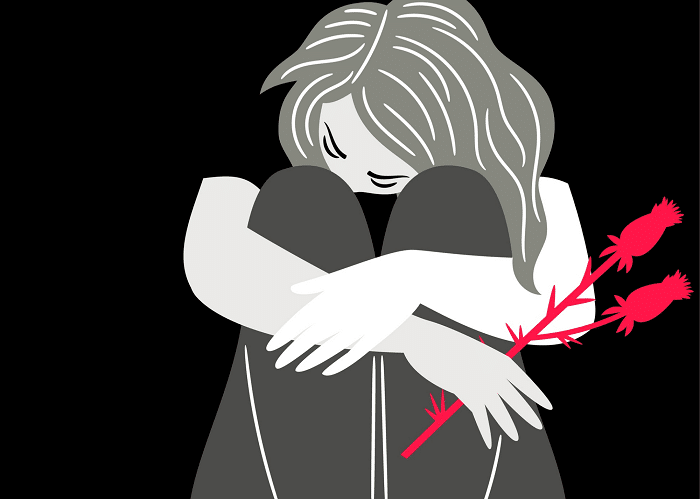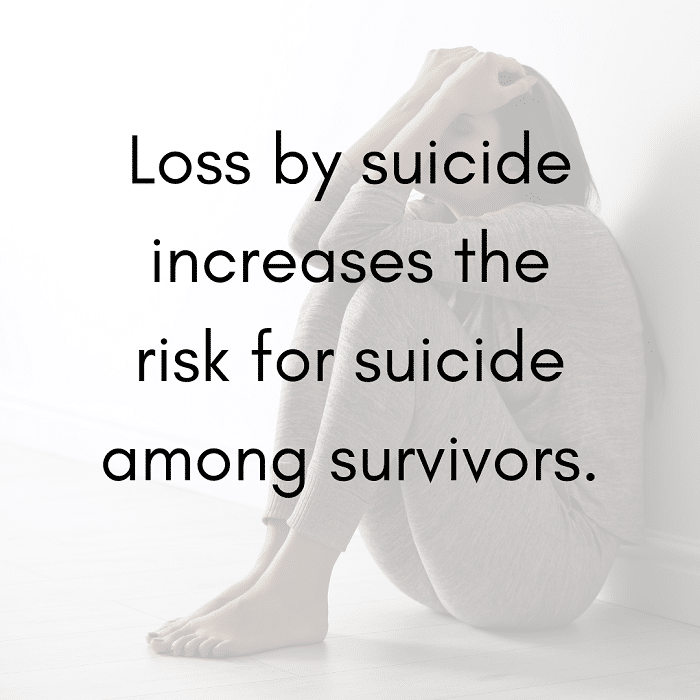On a global scale, roughly 2,192 people die by suicide every day. And for every life lost, countless others are left in the wake—making the magnitude of grief and loss at the hands of this tragedy astronomical.
September is Suicide Prevention Awareness Month. To honor it, we’re exploring the topic because education saves lives. And this week? We’re taking a closer look at how to support suicide survivors.
Listen to the Ted Talk below where psychologist Erica Lennon brings attention to suicide and shares her experience of losing a client to it.
The truth is, nearly all of us have been affected by suicide. It’s a common tragedy that we don’t often speak openly about. Intimate survivors are often riddled with guilt and complex feelings of grief, which makes navigating support all the more difficult for people closely involved.
In addition to typical feelings associated with grief and loss, survivors of suicide often grapple with the following:
Stigma & Isolation
Talking about suicide can be challenging for survivors because of differing cultural and religious viewpoints, leading to conflicting emotions and difficulties navigating conversations on the topic.
Mixed Emotions
When death is by suicide, people often mourn the loss and hold intense feelings surrounding the circumstances of death. Emotions such as anger and feelings of abandonment and rejection can all occur after a suicide alongside positive feelings about the deceased. Sorting through all of these various emotions can make the healing process more challenging.
Needing to Understand Why
Searching to understand the circumstances of losing someone to suicide can lead to the question of, “Why?” As a result, people may second guess actions, hold feelings of guilt, and wonder if they missed signs or could have done something different to prevent the tragedy.
Below are five ways you can support someone who’s experienced loss by suicide.
Promote Self-Care
Healing takes time and starts with self-care. Encourage those grieving to engage in activities that promote wellness.
Offer Resources
Be prepared to dish out resources such as local support groups, mental health professionals, and self-help options.
Engage in Conversation
Often, people are uncomfortable broaching the topic of grief because they don’t want to remind survivors of their loss. Believe me when I say they didn’t forget—Offer a non-judgmental listening ear and make sure to validate feelings.
Help Them Speak Out About Suicide
If they’re comfortable with it, speaking out about suicide, sharing their story, and spreading awareness can promote healing.
Encourage Professional Support
Survivors are at significant risk for mental health conditions and suicide. Encouraging professional support can mitigate this and help them navigate the loss.
Want More?
If you found this article helpful, check out the rest of our blog today, and make sure to follow us on social media. You can find us on Instagram at youthdynamicsmt, and Facebook at Youth Dynamics of Montana, and People of Youth Dynamics.




